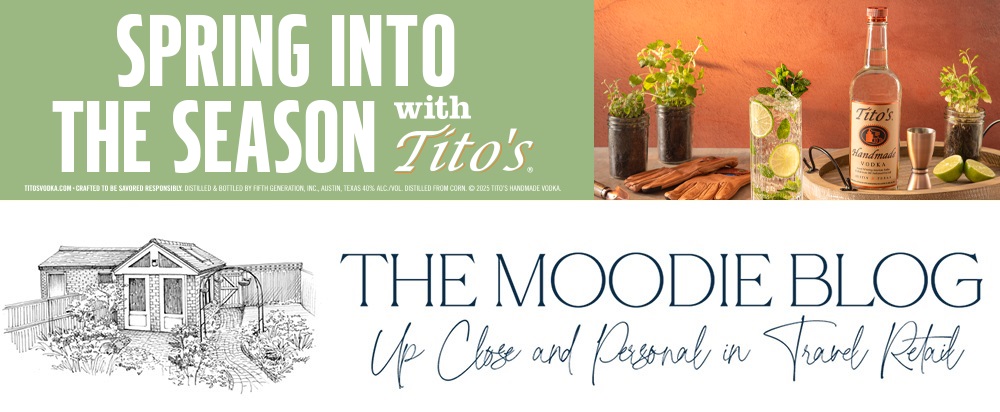Latest posts by Dermot Davitt (see all)
- Saluting a centenary – Loacker’s journey from local patisserie to global brand - February 9, 2025
- ‘Living the F1 life’ with Qatar Duty Free - December 1, 2024
- Time, terroir and telling a 300-year story – A Rémy Martin experience - May 25, 2024
Translated from the Arabic, ‘Al Nassma’ means ‘the refreshing breeze from the desert’. Today the UAE company that bears the same name wants to blow a wind of change through the premium chocolate category – with the aid of its 3,000-strong herd of camels.
A visit to Al Nassma’s premises is an eye-opening experience for the first-time visitor. Think of a camel farm, and you’ll probably conjure up images of a dusty Bedouin camp, primitive facilities and ancient techniques. The reality could not be more different. Here, about 25 minutes’ drive from Dubai, lies a modern, fully automated commercial farm, milking and production station that is home to an up-and-coming brand of chocolate – and a growing range of other products created from camel’s milk. Owned by Sheikh Mohammed and opened as a milking farm in 2006, this government-owned facility is now not only a manufacturing plant but a centre of science too.
The world’s first and only fully automated camel milking plant
The last-named element came about because of the many benefits associated with camel’s milk – relatively unknown outside regions with large camel populations such as North Africa, parts of the Gulf and curious outposts such as Australia.
The state-of-the-art freeze drier that makes the milk powder
These benefits include having half the fat of cow’s milk and three to five times more vitamin C; it is also linked to no known allergies, and most people who are lactose-intolerant can digest camel’s milk. Even less known (and the subject of much investigation in the medical community) is camel’s milk’s role in reducing the impact of Diabetes and other diseases.
An Al Nassma display at Dubai Duty Free, one of its key accounts
The chocolates – principally available in specialist, high-end chocolate stores and in selected travel retail outlets – also build on these health-related benefits. They are halal, gluten free and include pure cocoa butter, but no artificial additives, preservatives or colours.
Al Nassma may also be the only chocolate-maker in the world that also makes its own milk (camels produce around 7-8 litres per day, far less than the average cow). That’s an easier task when you have short production runs, but then that’s what the brand aims to stand for – exclusivity, authenticity and simply being different.
Feeding time: The Moodie Report’s Dermot Davitt with Al Nassma Sales Director Patrick Dorais, offering inmates their favourite treat
Under the guidance of executives such as Managing Director Martin Van Almsick and Sales Director Patrick Dorais, those values are on show at Al Nassma’s factory, showrooms and shop – surely the only chocolate shop in the desert. The brand’s exclusivity is underlined by its status as the only chocolate sold in the seven-star Burj Al Arab Hotel, and it’s claimed to be sold in the world’s most elevated store too – in the souvenir unit on the 124th floor of the Burj Khalifa in Dubai.
Gebr Heinemann veteran Harry Diehl with Patrick Dorais
Fabrice Paturle, Stuart Bull and Claire Bull at Al Nassma with Patrick Dorais last week
Barry Geoghegan (left) gets to grips with the camel world
Like many of the industry visitors to Dubai last week, we enjoyed the hospitality of Al Nassma at its facilities – and had our preconceived ideas about camel’s milk and chocolate overturned. As the company gets the word out about its premium approach, its innovations, its points of difference and its health-related benefits, this breeze from the desert could soon become a gale.
*Watch out for a feature on Al Nassma’s business coming soon at www.TheMoodieReport.com










You must be logged in to post a comment.